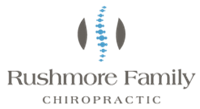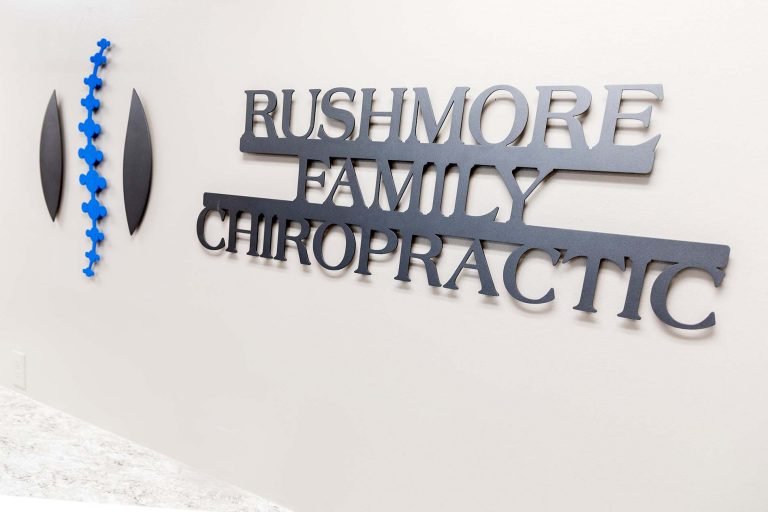With stress and tension at an all-time high, Rushmore Family Chiropractic are seeing more patients with TMJD. Of course, you already know that chiropractic care is much more than the adjustment of the spine. Chiropractors treat the central nervous system and, as a result, the entire body. TMJD and other jaw disorders are often directly connected to the neck and spine.
First, TMJ is the abbreviated name of the jaw bones, or Temporomandibular Joint). TMJD or Temporomandibular Joint Disorder is the most common of joint disorders, potentially resulting in pain in the jaw, locking of the jaw, clicking when opening or closing the mouth, changes to the way teeth fit together, headaches and earaches, dizziness and even difficulty swallowing. TMJD is definitely an uncomfortable feeling and left untreated, may worsen over time.
What actually causes TMJD? Some patients have congenital TMJD – meaning that they were born with a misalignment of the jaw. Other patients develop TMJD during their life. It may start with an injury, with constant clenching of the teeth (particularly during sleep) and is often known as a stress disorder.
One of our patients, born with congenital TMJD, has seen a degradation of her jaw since entering middle age. What was limited to a slight discomfort and a clenched feeling (particularly during cold weather) has now resulted in two dislocations of her jaw. Thankfully, your family chiropractor is trained to relieve dislocations of the jaw through simple and painless maneuvers. We can also help you avoid these situations and keep your TMJ in the proper position.
Did you know that sleep positions often contribute to TMJD? Stress and sleep are the two most common reasons why someone will develop TMJD later in life. If you are sleeping in a position that puts too much pressure on one side of your jaw, this could result in TMJD and can be easily corrected by adjusting your sleep position.
If your TMJD is caused by teeth grinding, we recommend a night guard. Any dentist can obtain one for you, and there are additional chiropractic adjustments that can relief stress around the cervical spine contributing to that stress and tension.
And if your TMJD began with an injury, accident or arthritis, there are also chiropractic adjustments that can help. We do special cranial work to help rebalance and realign your TMJ, allowing the mandible bone of the jaw to sit correctly in the groove of the temporal bone. For some patients, this brings immediate relief. And over time, adjustments can realign your neck vertebrae, relieving tense muscles and nerves.
Once your immediate TMJD issues are resolved, ongoing chiropractic care can help decrease nerve irritation, strengthen your spine, improve blood flow and even help you better manage stress and tension throughout the body.
So, if the stress of 2020 seems to have landed right in your jaw, let’s schedule a visit. We can treat your TMJD and help you finish out this crazy year feeling a little bit calmer!









